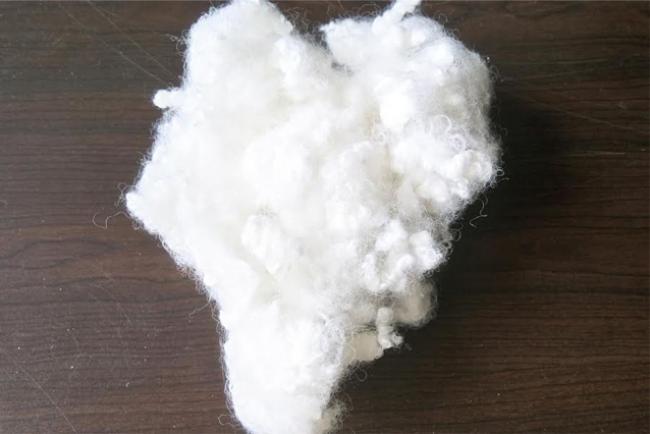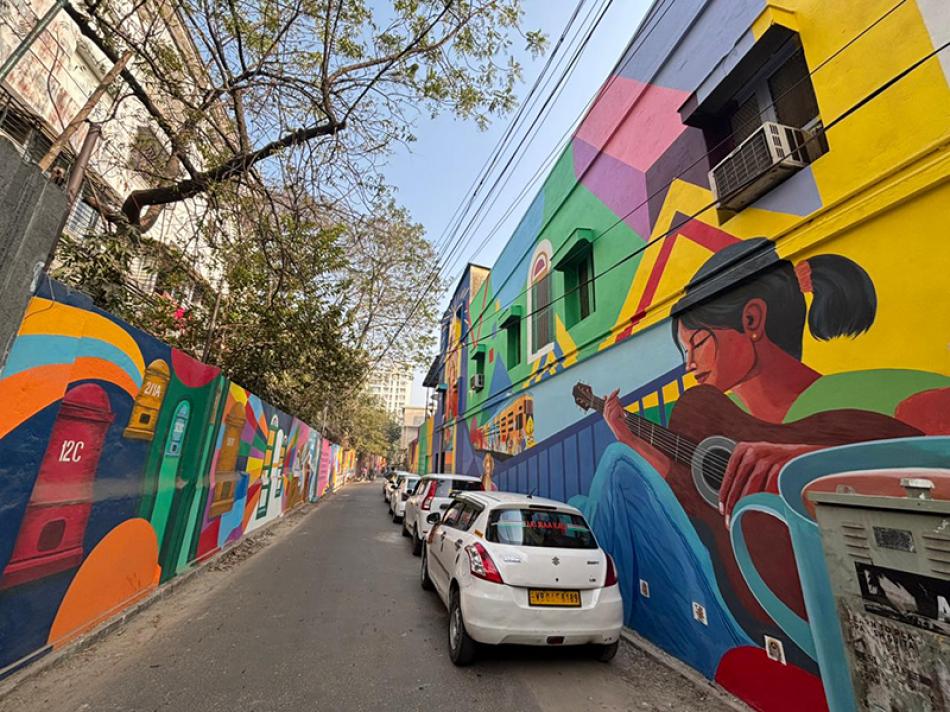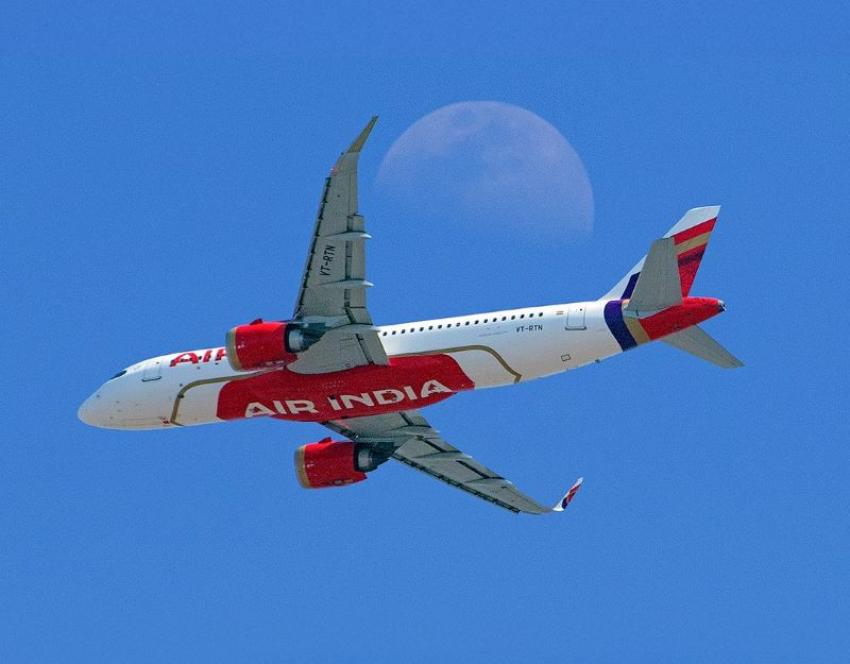01 Jun 2017, 07:08 am

In the current tax regime, virgin PSF manufacturers are levied 12.5 per cent excise duty, while recycled PSF attracts 2 per cent concessional excise duty, due to which spinners get the cost advantage of 10.5 per cent, and so opt to buy recycled PSF.
Because of the concessional rate of duty given by the Indian government to producers of recycled PSF, the industry has continued to grow. The association has requested the finance ministry to maintain the same uniformity in the GST regime, so that the excellent work of recycling PET bottles continues, which otherwise would have harmed the environment and also ensures the survival of the industry.
According to the association, if the existing differential is not maintained, operations of the whole PET recycling industry will become unviable. As, if the cost benefit is lost, PSF buyers would prefer to buy virgin PSF, which would lead to closure of PET bottle recycling companies, which apart from destroying jobs, will also harm the environment.
The PET bottle recycling value chain provides direct and indirect employment to around 500,000 people, which includes rag pickers, scrap dealers and employees working in the industry. The industry has grown in the last ten years and the current production of recycled PSF is around 660,000 metric tons per annum, turnover around Rs 5,000 crore and currently recycles around 700,000 metric tons of used PET bottles.
These PET bottle recyclers are directly helping the 'Swach Bharat' mission initiated by honourable Prime minister Shri Narendra Modi by recycling billions of PET bottles per year, which otherwise would have been strewn all around or ended up in landfills, posing grave risks to the environment, as it takes 500 years for a PET bottle to decompose.
If the PET recycling industry cripples due to an unfavourable GST, there will be PET bottles littered across whole of India, as rag pickers will not be inclined to picking them nor will scrap dealers be inclined to doing business in the same.
"First we were hit by the ban on import of PET bottle scrap, which led to a steep increase in prices of locally available PET bottle scrap and now if GST on recycled PSF is at parity with virgin PSF, this will make the survival of the PET bottle recycling industry very difficult," BP Sultania, president of the All India Recycled Fibre & Yarn Manufacturers Association said.
"Under the circumstances, we urge Finance Minister Shri Arun Jaitley to consider our demand of continuing the tax cost advantage, when considering GST on recycled PSF. We also seek intervention of Textiles Minister Smt. Smriti Irani to convince the finance ministry to accept our valid demands and thereby safeguard and promote the PET bottle recycling industry," he added.
- Religion without servility: Journalist Anshul Chaturvedi on why Vivekananda speaks to believers and atheists alike
- Culturist Sundeep Bhutoria unveils anthology When Gods Don't Matter at Jaipur LitFest 2026
- Kolkata CP urges elderly to stay alert against digital scams at ‘Pronam’ interaction
- Sona Incubations, Salem picks 17 startups for Rs 11 Mn DST investment, grant
- Visva-Bharati University unveils a transformational roadmap under Vice-Chancellor Dr. Probir Kumar Ghosh
- Sona College of Technology hosts Think Salem 2025: To spur startup opportunity from Tier-2 Cities
- ACM India unveils National AI Olympiad 2026 to spot school talent for global AI stage
- Reject Macaulayan education, reclaim Indian values: H M Bangur’s big World Hindu Economic Forum pitch
- Sona College of Technology: Many academic, research and industry-linked advances in 2025
- Kolkata: ICCR hosts 10th anniversary celebration of Robir Kiran
Indian airline major Air India today announced a significant enhancement to its popular Mumbai-Frankfurt route, with the deployment of its newly delivered, first line-fit (or made-for-Air India)
Saudia, the national flag carrier of Saudi Arabia, and Air India, India’s leading global airline, have signed a codeshare agreement that will take effect in February.
Air India and Saudi Arabia’s flag carrier Saudia will begin a new codeshare partnership from February, allowing both airlines to offer expanded route options and smoother connections for passengers travelling between the two countries.





